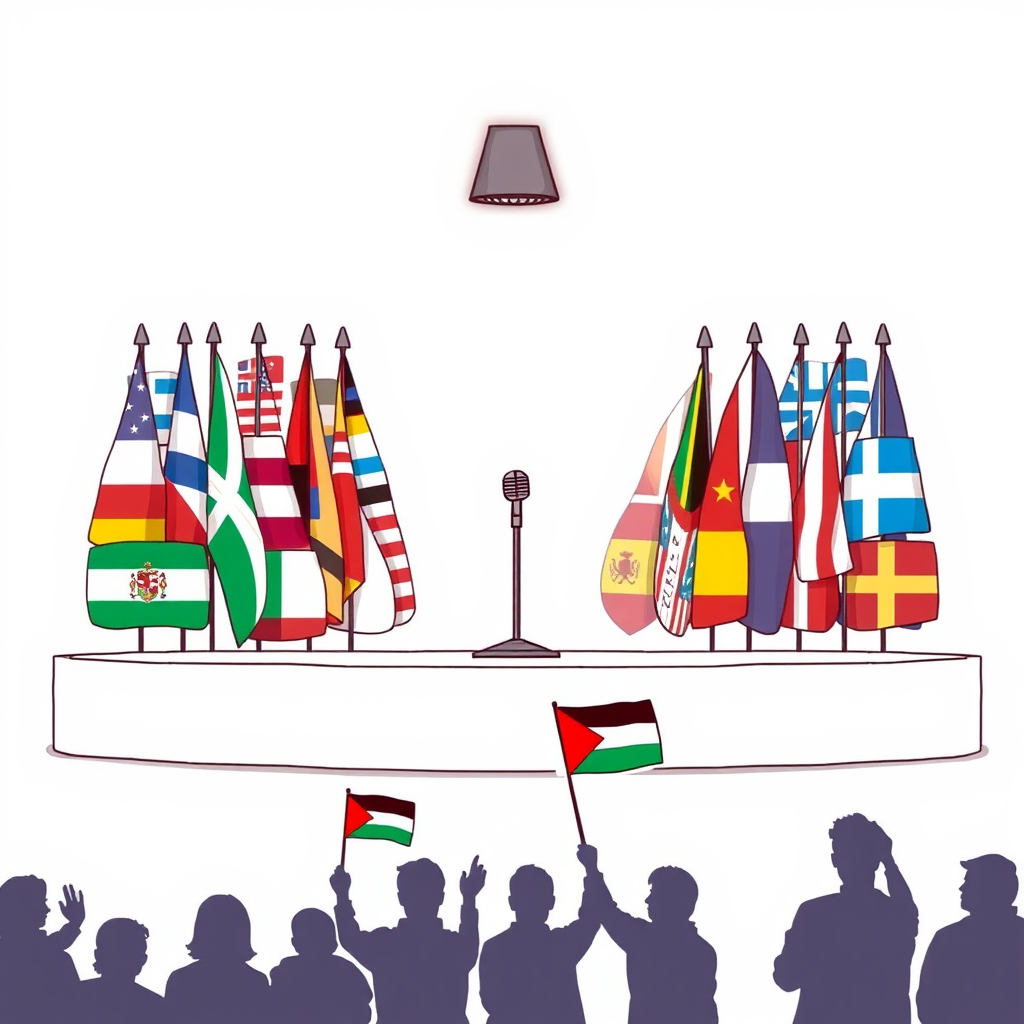Eurovision 2025 Everything You Need to Know

The 69th annual Eurovision Song Contest arrives in Basel, Switzerland, this May, promising a spectacle of music and performance. However, the event is shadowed by ongoing controversy surrounding Israel’s participation amidst the war in Gaza, sparking protests and a debate over the contest’s commitment to its stated values of peace and unity.
This year’s competition features 26 finalists, including representatives from Albania, Armenia, Austria, Denmark, Estonia, Finland, France, Germany, Greece, Iceland, Israel, Italy, Latvia, Lithuania, Luxembourg, Malta, Netherlands, Norway, Poland, Portugal, San Marino, Spain, Sweden, Switzerland, Ukraine, and the United Kingdom. Six nations – Switzerland, France, Germany, Italy, Spain, and the United Kingdom – automatically qualified due to their significant financial contributions to the event. The remaining finalists emerged from a series of semi-finals that eliminated contenders like Slovenia, Belgium, Australia, and others.
Switzerland, last year’s victor with Nemo’s “The Code,” is hosting the event. The tradition of the winning country hosting is occasionally broken, as seen in 2023 when Liverpool, U.K., stepped in for Ukraine due to the ongoing war.
The voting system combines jury scores and public televotes, with each country awarding points from 1 to 12. Notably, countries cannot vote for themselves. The grand final will be broadcast on participating countries’ national broadcasters and livestreamed on YouTube, with exclusive U.S. coverage on Peacock.
However, the festive atmosphere is significantly dampened by the protests surrounding Israel’s participation. Demonstrators have voiced concerns over what they perceive as a double standard, pointing to Russia’s exclusion following the invasion of Ukraine. A letter signed by over 70 former Eurovision participants, including Nemo, called for Israel’s exclusion, arguing that its participation normalizes its actions in Gaza.
Israel’s contestant, Yuval Raphael, a survivor of the October 7th Hamas attack, has become a focal point of the controversy. While Raphael hopes to deliver a message of peace through her song, “New Day Will Rise,” she anticipates facing boos and protests. Demonstrations have already occurred in Basel, with protesters displaying Palestinian flags and challenging the EBU’s commitment to its values.
The EBU maintains it is listening to concerns and will review the event after its conclusion. However, the situation highlights a growing tension between entertainment and political responsibility, forcing Eurovision to confront its role in a world grappling with conflict and injustice. While the contest aims to “unite by music,” this year’s event reveals the difficulty of achieving that goal when fundamental values are contested and the weight of global events looms large. The question remains whether Eurovision can truly live up to its promise of peace and unity, or if it will continue to be a stage for political expression and protest.